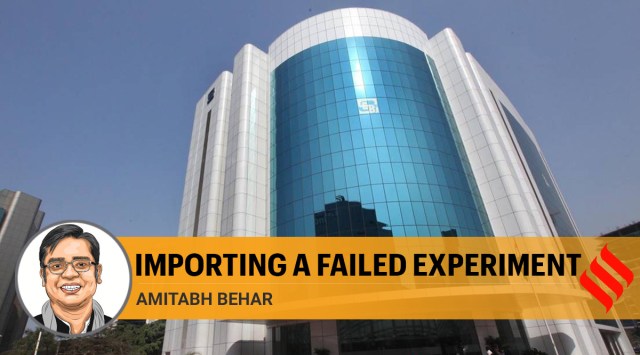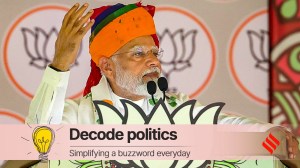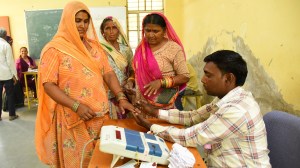- India
- International
Social Stock Exchange is yet to take off in any country
The SSE would create more intermediaries and benefit larger organisations with English-speaking professionals skilled in the language of markets at the cost of smaller grass roots groups, who are the real frontline actors in addressing the challenges we face as a society and country
 The SEBI working group was constituted of business leaders, government and SEBI officials with a token representative from civil society
The SEBI working group was constituted of business leaders, government and SEBI officials with a token representative from civil societyThe Securities and Exchange Board’s (SEBI) working group has submitted its report with recommendations regarding the structure, mechanisms, and regulatory framework for the proposed Social Stock Exchange (SSE). The response to the report has been muted and sceptical from civil society, which is reeling under a deep funding crisis due to COVID-19 with projections of it getting worse in the coming years.
The scepticism stems from a comprehensive reading of the intent and actions of the finance ministry. The 2020-21 Union Budget says that not-for-profit organisations will need to apply every five years for income tax registration to ascertain their charitable status and will also need to renew their 80(G) certificate that provides tax relief to their donors. These requirements will create havoc in the not-for-profit sector as they would not be able to survive without the tax-exempt charitable status, not to mention opening the flood gates to corruption and bullying by the tax and government bureaucracy.
The proposal for SSE surprised many. SSE exists in one form or another in UK, Singapore, South Africa, Canada and Brazil, but it is yet to take off in any country. It has been an instrument focussed on social enterprises with rather poor results. The proposed SSE in our country could have been an interesting innovation if it was a first. But to replicate a failed experiment from elsewhere in an extremely complex environment of endemic poverty, high inequality and regional variation does not seem a reasoned decision. It is therefore important to analyse why it has been pushed as a key policy, what it seeks to achieve, and its implications for civil society and our democracy.
The SEBI working group was constituted of business leaders, government and SEBI officials with a token representative from civil society. The lop-sided composition of the committee reflects the real intent of the SSE, which is to create instruments for market to enter the social sector. At preliminary glance even this could be a laudable objective and surely many well-intentioned backers of this idea are working with this narrative of “bringing capital markets for the social sector”. However, the way the exchange is envisioned makes it clear that the interests of the private sector are guiding the idea of SSE and not the systemic developmental challenges of the country.
In the last decade, forays of private actors including large consulting firms into the social sector as profitable enterprises have opened up new arenas for profit-making. The SSE will create a pathway for the private sector to enter the social sector from the comforts of Dalal Street without enduring the heat and dust of India’s developmental challenges, which are embedded in complex terrains including politics, caste, patriarchy, feudalism and corruption.

The proponents of the SSE argue that it would help set standards and a performance matrix for the social sector, do bench-marking of sector actors (credibility checks), organise information and data, help in impact assessments, and do capacity building for the sector. This approach is flawed.
The assumption that extremely complex problems have blueprints of success is erroneous. Poverty or injustice are essentially systemic and political questions that need multi-pronged dynamic engagement. Developing set standards of impact assessment and performance matrix has the risk of privileging only one approach to the developmental challenges at hand, or even worse, steering the discourse onto the solvable parts of the larger systemic questions — at best addressing the symptom and not the root cause.
Apart from these deeper questions, operationally also, the SSE would create more intermediaries and benefit larger organisations with English-speaking professionals skilled in the language of markets at the cost of smaller grass roots groups, who are the real frontline actors in addressing the challenges we face as a society and country. More than 99 per cent of the three million NGOs in the country are in the small category and will be untouched by the SSE.
Finally, the idea of setting up the SSE within the rubric of SEBI again reflects the confusion. If the core business of the SSE is to strengthen the social sector and bring new resources to it, then SEBI for sure itself would admit that it is not the appropriate anchor.
This article first appeared in the print edition on September 24, 2020 under the title ‘Importing A Failed Experiment’. The writer is CEO, Oxfam India
EXPRESS OPINION
Must Read
More Explained
Apr 23: Latest News
- 01
- 02
- 03
- 04
- 05









































